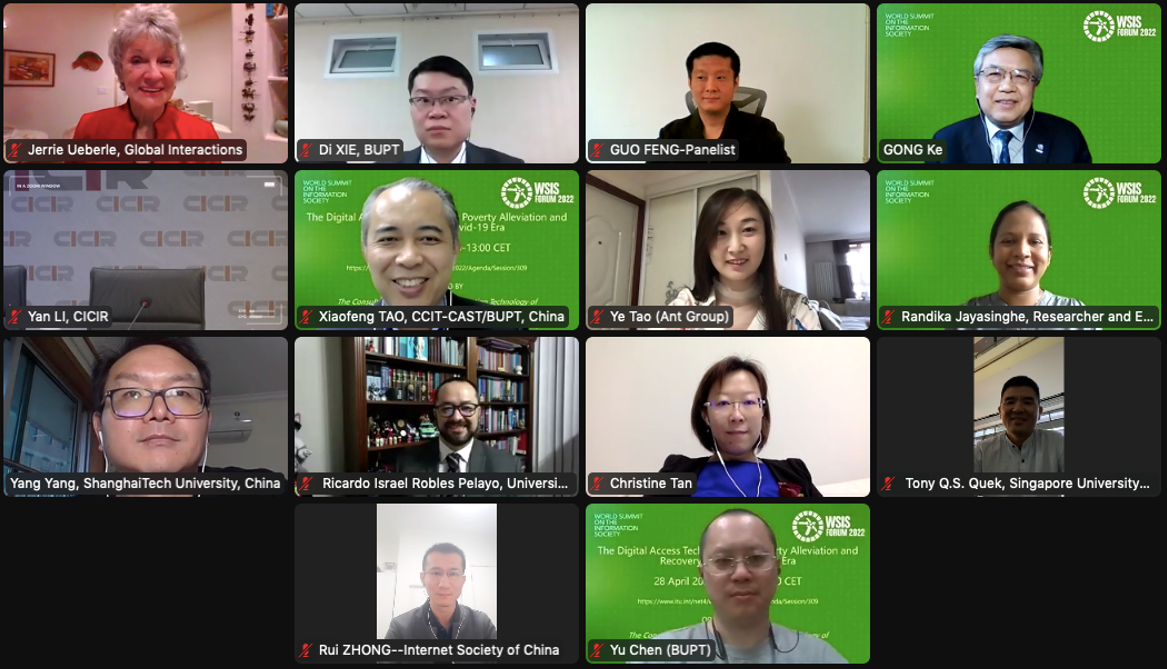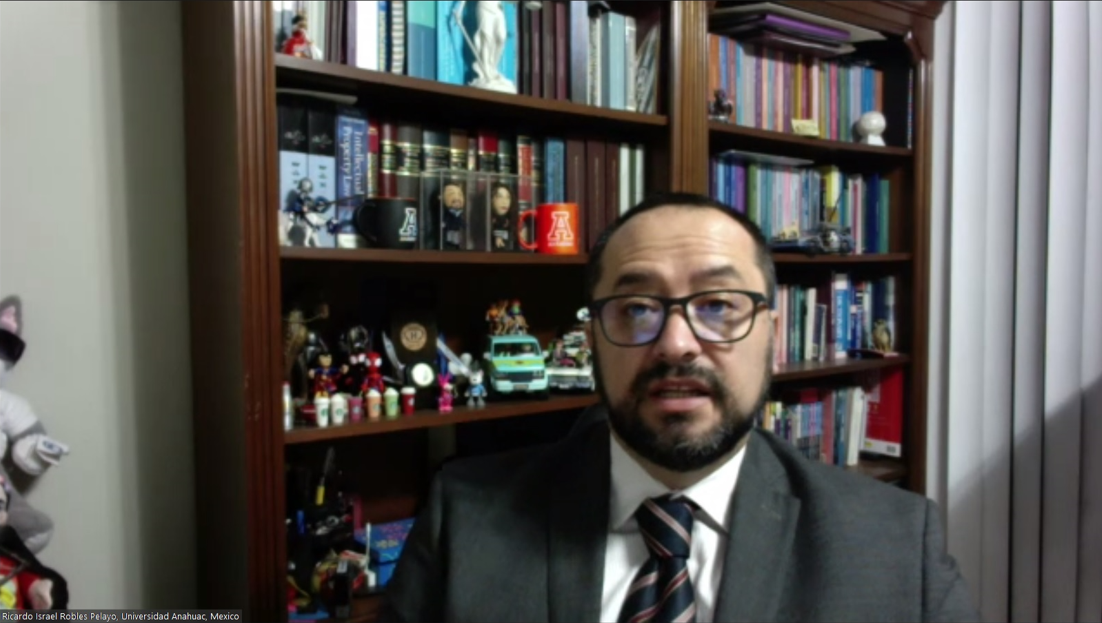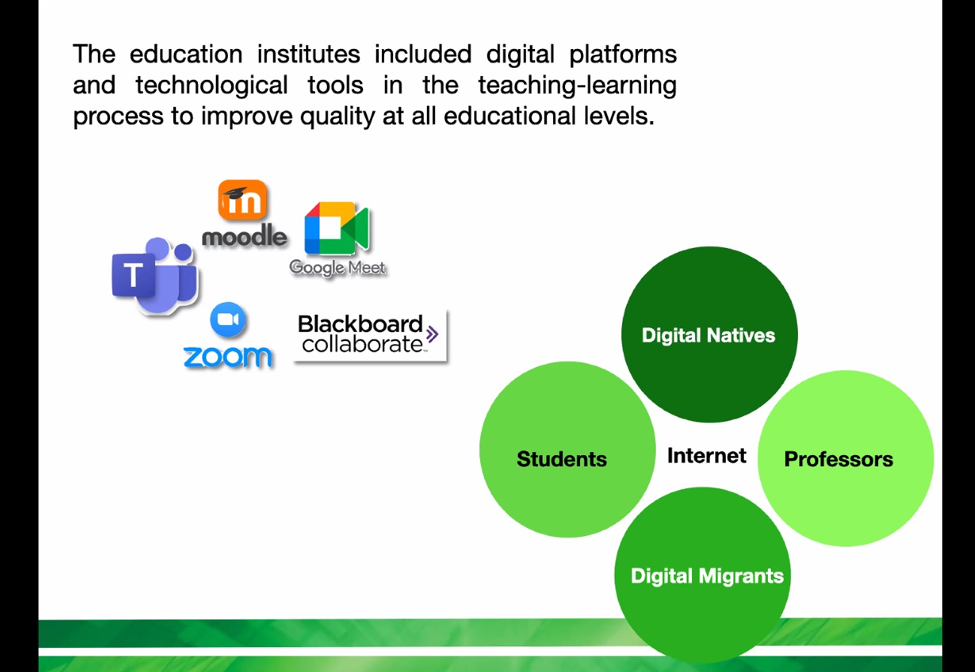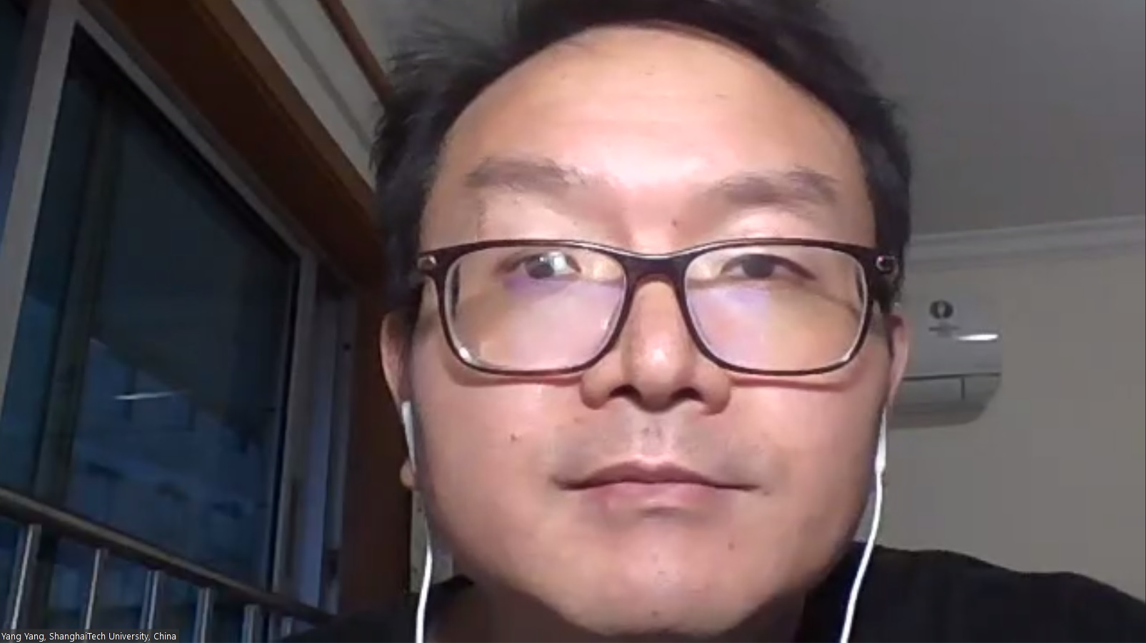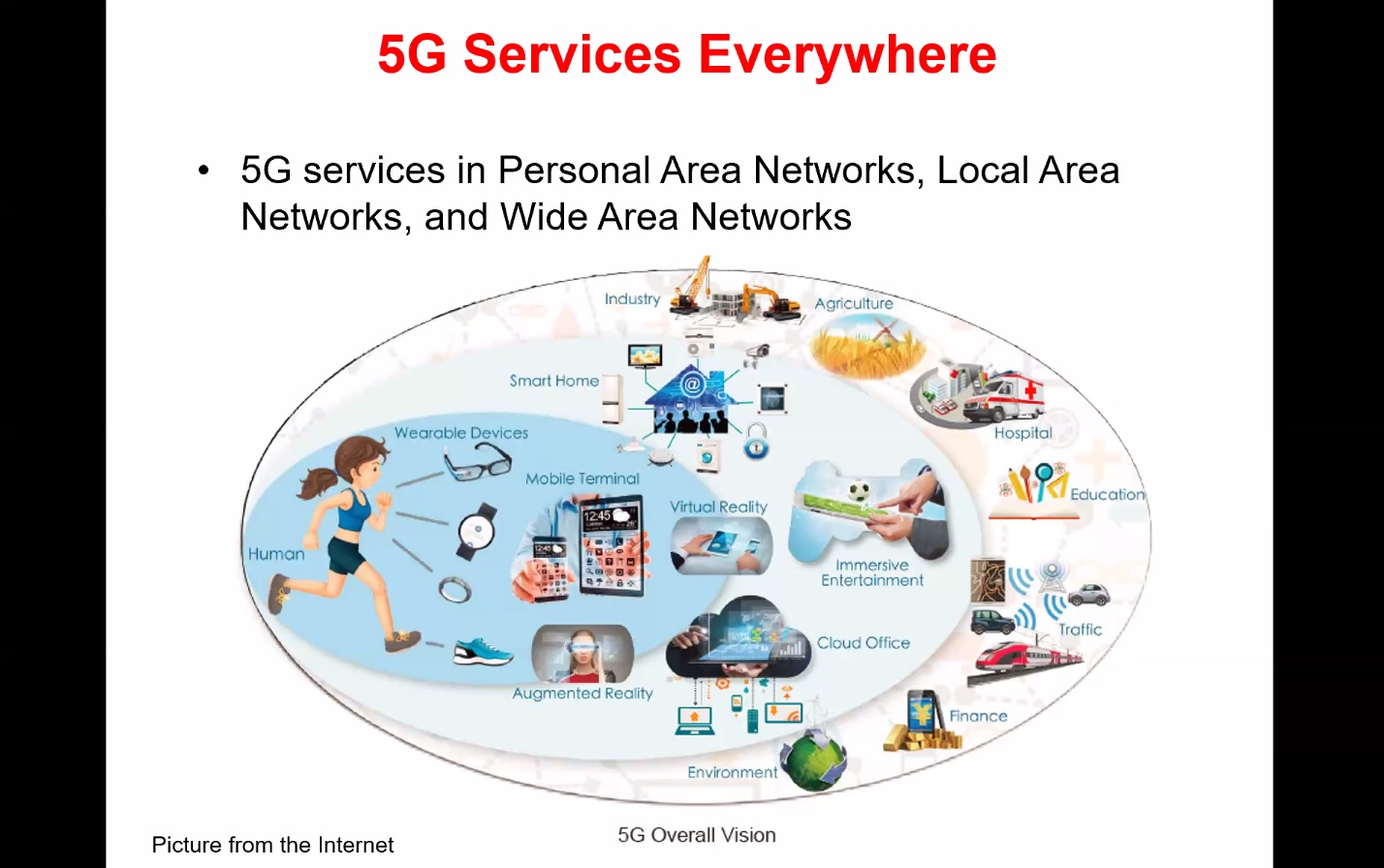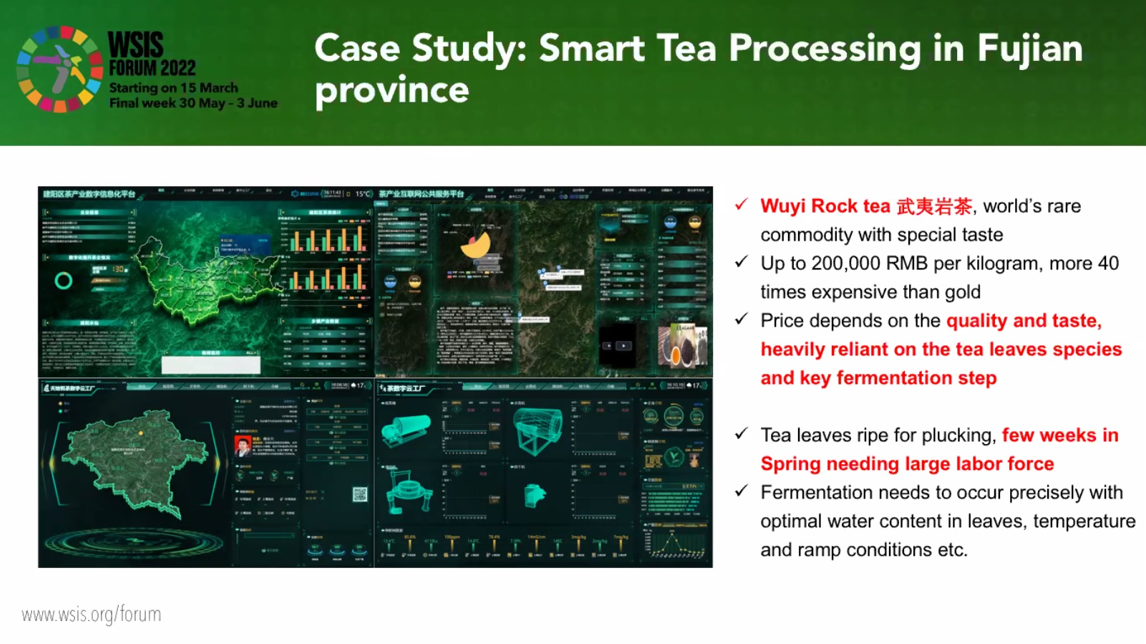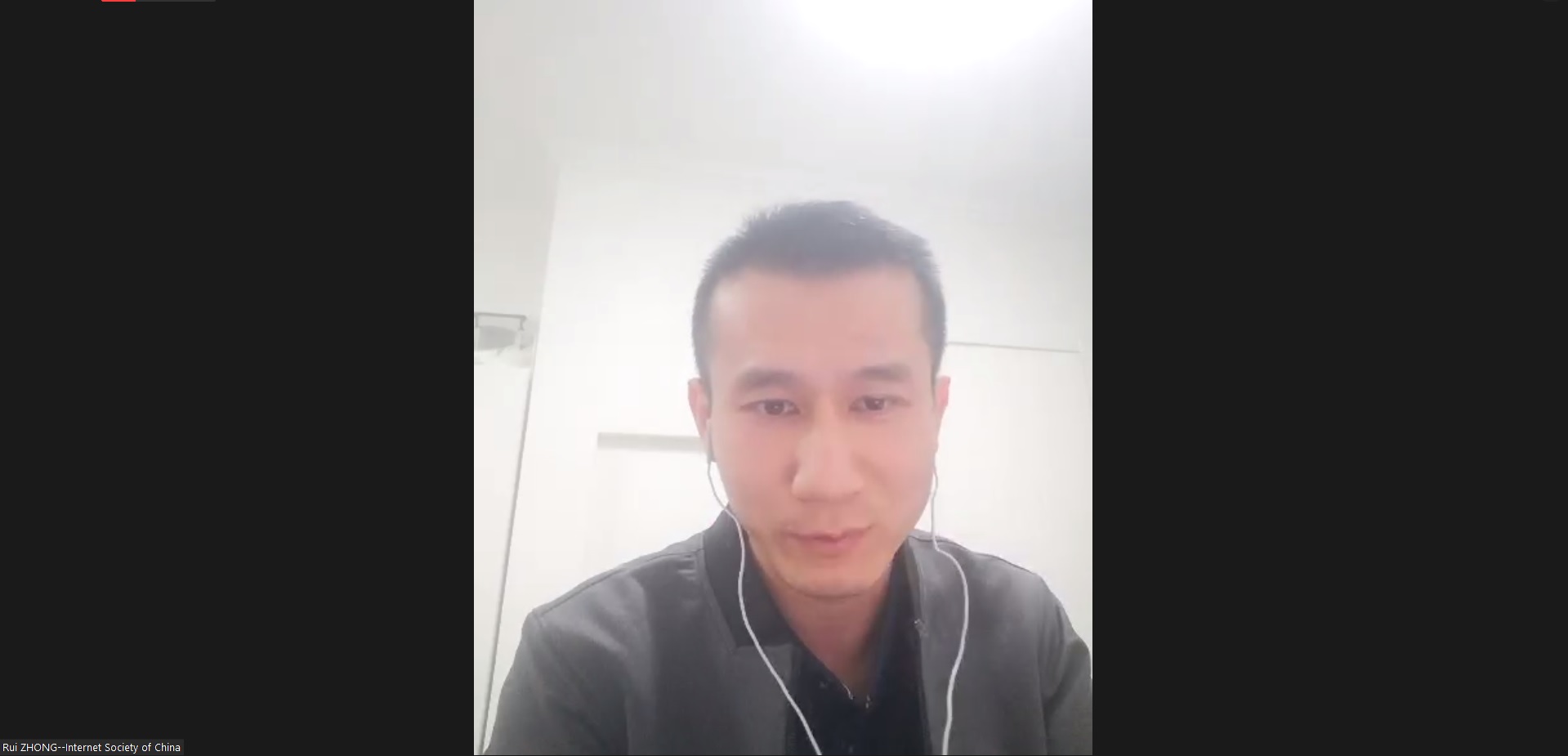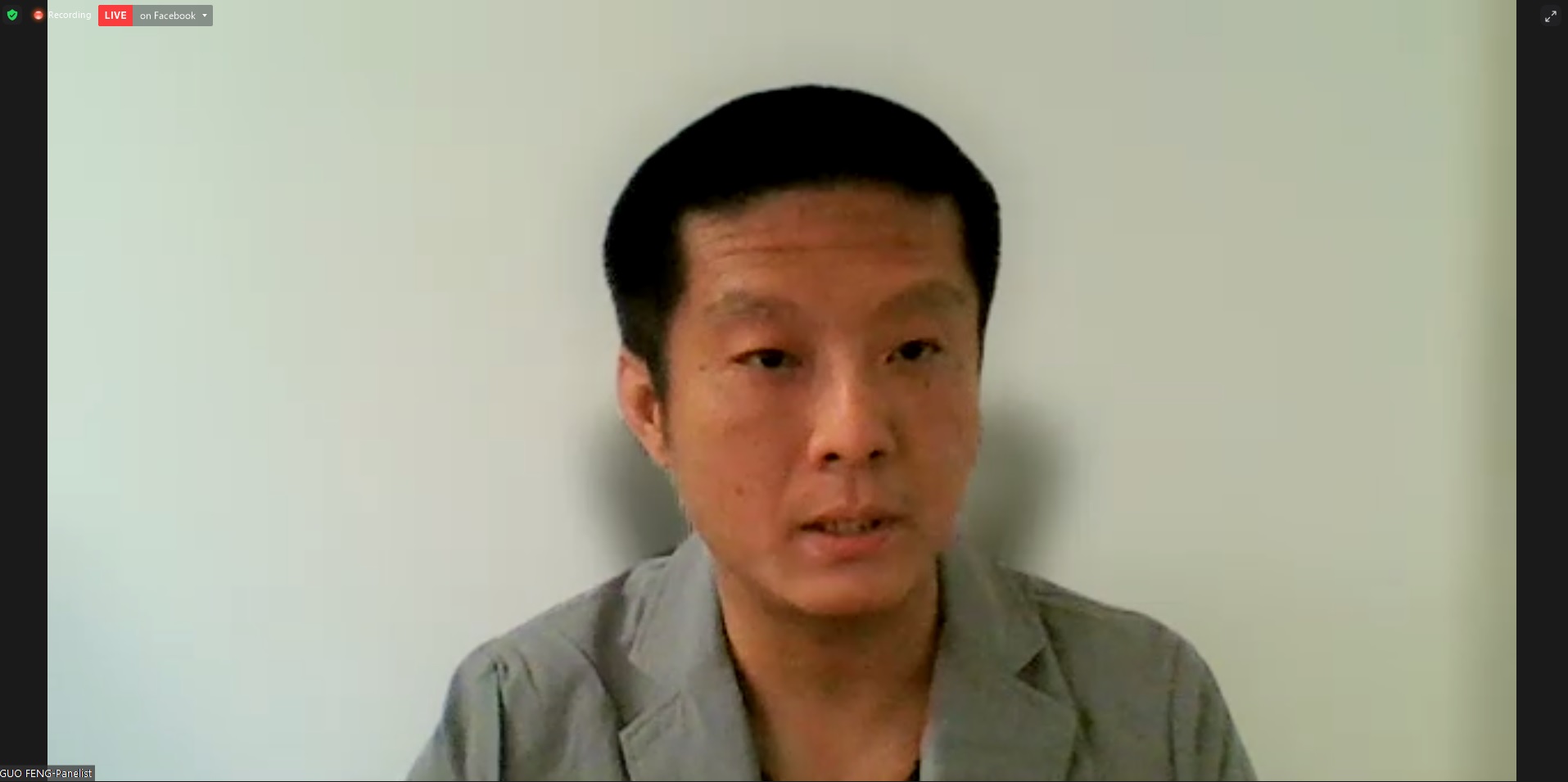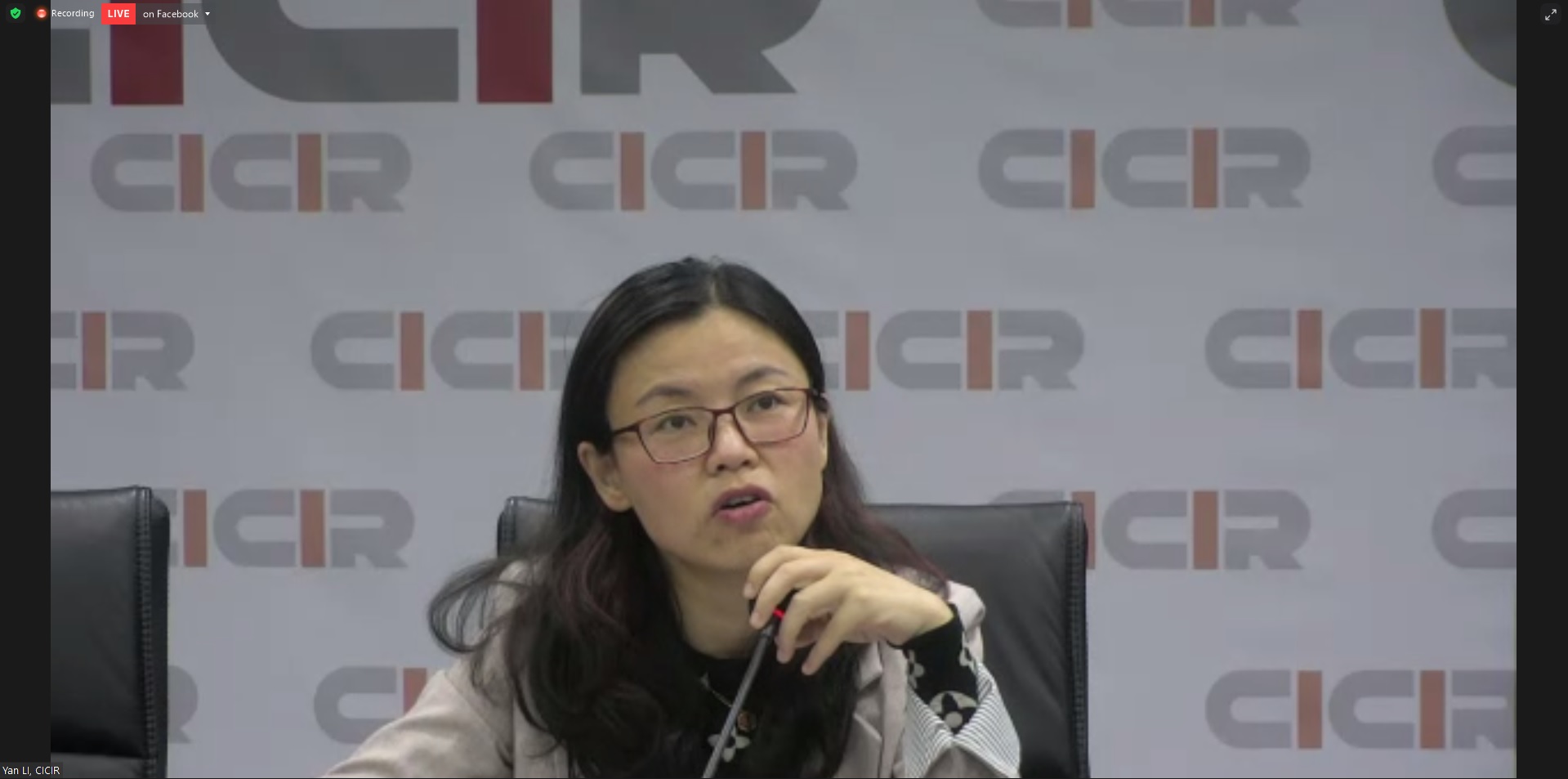The Digital Access Technology for Poverty Alleviation and Recovery in Post Covid-19 Era
The Consultative Committee on Information Technology of China Association for Science and Technology / Beijing University of Posts and Telecommunications
Session 309
Since the 2020’s Covid-19 Pandemic, digital access technology has been proved important for sustainable development of human.The information infrastructures of general connectivity, safe and reliable support thousands of terminal devices to access the global Internet and use all kinds of information services, which are synthetically constructed by the digital access technologies such as optical broadband, wireless communication and satellite positioning.
The digital access technology is not only enabling the human society to adopt more efficient and safer ways to control the spread of New Coronavirus, but also helps vulnerable families and communities to mitigate the threat of poverty caused by the epidemic. For example, mobile terminals can get timely and convenient access to important information such as vaccination, daily necessities, government relief benefits, market transaction prices and so on. The reliable and safe broadband as well as wireless communication networks also enable the effective implementation of distance education and provide safe opportunities for vulnerable minors to receive education.
In the wake of the post Covid-19 era that the pandemic is being suppressed due to widespread vaccination and antiviral drug, eliminating poverty and restoring the economy will become the primary mission of digital access technology.
The Sustainable Development Goals Report 2021 indicates that the Increased investments in national data and statistical systems and the mobilization of additional international and domestic resources will be imperative if we are to build back better from the crisis and accelerate implementation of the SDGs.
Therefore, the Beijing University of Posts and Telecommunications and the China Science and Technology Association, sincerely invite stakeholders from various countries and fields to share experiences and insights on digital access technology in the post COVID-19 era in terms of technology, education, law, poverty alleviation, digital divide and best practice in the post COVID-19 era. Collaborating in how to use digital access technology to achieve poverty eradication, the primary goal of human sustainable development.
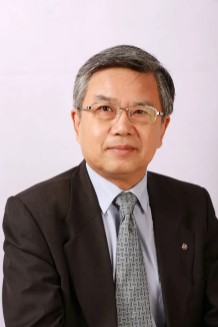
Prof. Dr. GONG Ke is the Chair of The Consultative Committee on Information Technology of China Association for Science and Technology (CCIT/CAST) and the Past President of WFEO. He is an electronics engineer with expertise in information, communication technology, and more than 30 years' experience in engineering education, research, and management. He has also stressed the essential role of engineering and engineers in the United Nations’ sustainable development agenda through his engagement in drafting relevant documents and his attendance in high-level forums of the UN. He was one of the 26 members of the United Nations Secretary-General's Scientific Advisory Board. He has established strong bonds with the United Nations, other international organizations and industrial communities.

Dr. Xiaofeng Tao is a Professor at Beijing University of Posts and Telecommunications and Vice Chair of the Consultative Committee on ICT (CCIT) of China Association for Science and Technology (CAST). He is an expert in the ICT industry. He serves as the Chair of the Institute of Electrical and Electronics Engineers (IEEE) ComSoc Beijing Chapter. He has been involved in IGF activities since 2006 with special interest on emerging technologies. He was former MAG member of IGF in 2018-2021.
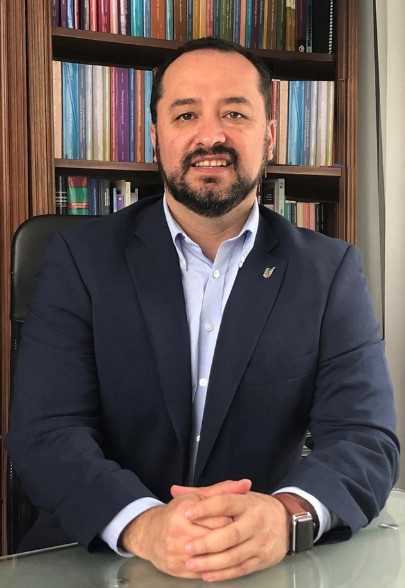
Mr. Ricardo I. Robles Pelayo is a university professor and lecturer in many universities and tutor in master's degrees in the university Anahuac On-Line.He got two master's degrees: LLM in Commercial Law from the University of Birmingham England, and a master's degree in Law with a diploma in Corporate Law from the Technological University of Mexico. He is currently studying for a Ph.D. in education learning and knowledge technologies (LKT) in virtual environments. In the professional field, he has worked in different areas and positions in the public and private sector as a legal advisor in the corporate area and in everything related to international contracts.He received the following awards:The first one was granted by the Government of the Federal District Mexico in July 2012. “In the merit of his outstanding academic and professional career”. The second one was granted by the Mexican Institute of Victimology in October 2013. "2013 National Award for Academic, Teaching and Professional Merit".

Dr. Yang Yang is currently a full professor at ShanghaiTech University, China, serving as the Master of ShanghaiTech College and the Director of Shanghai Institute of Fog Computing Technology (SHIFT). Before joining ShanghaiTech University, he has held faculty positions at the Chinese University of Hong Kong, Brunel University (UK), University College London (UCL, UK), and SIMIT, CAS (China). He has published more than 200 papers and filed more than 80 technical patents in these research areas. He is the Chair of the Steering Committee of Asia-Pacific Conference on Communications (APCC) since January 2019. In addition, he is a General Co-Chair of the IEEE DSP 2018 conference and a TPC Vice-Chair of the IEEE ICC 2019 conference. Yang is a Fellow of the IEEE.

Ines Hfaiedh is a teacher and ICT Implementation in Education Specialist under the Tunisian Ministry of Education.Besides, Ines Hfaiedh is the Africa Representative of ICANN’s NCUC Executive Committee (Non-Commercial Users' Constituency).Hfaiedh is the North Africa Coordinator of the Africa Open Data and Internet Research Foundation and used to be the Secretariat of ICANN's Middle East School and Adjoining Countries' school of Internet Governance for the 2018 and 2019 editions.Hfaiedh is a Diplo-certified Online Moderator in Diplomacy and Internet Governance and a Professional Curator and Rapporteur also trained by Diplo. Ines Hfaiedh is a received a number of ICANN, ISOC, British Council and UN Fellowships and was also the recipient of the prestigious US-Government Fulbright Fellowship and Teaching Assistant at the Catholic University of America in Washington, DC.

Ye Tao is head of product for digital identity at Ant Group. Her vision is to make trust simple for individuals and companies. With over 8 years’ experience in the industry, she is the subject expert in AI-powered digital identity verification. She and her team developed the industry-leading identity proofing and verification products and incorporated it with the advance anti-spoofing technologies. The product is barrier-free designed for the visually impaired and received the acknowledgement by CCF YOSCER 2021 Tech for Good Award. Ye Tao leads the ISO guideline amendment for customer identification using AI-technologies in mobile financial services. Before joining Ant Group, she worked for Google and PayPal in US for many years, and holds Master Degree in Risk and Asset Management from L’EDHEC in France.
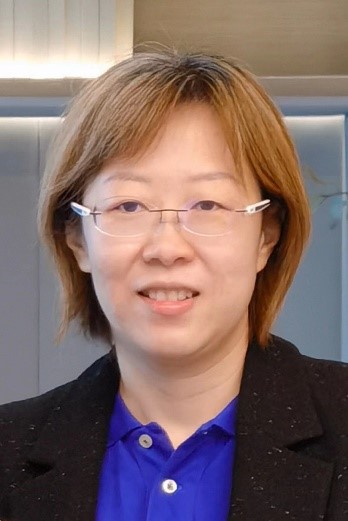
Dr Christine Tan is a Senior Engineer, Chartered Engineer (CEng) and Fellow of the Institution of Engineering and Technology (FIET). Her interests include the application of digital technologies for rejuvenation of rural villages, poverty alleviation and STEM education, having contributed to past United Nations Internet Governance Forum in these areas. Holds doctorate degree from Cornell University and bachelor degree (first class honours) from Imperial College London.
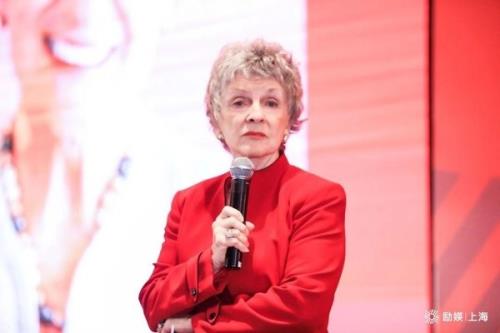
The founder of the WAFW and is the CEO of Global Interactions, a non- profit organization created in 1985 after a first trip to China to connect American professionals with their international counterparts to share best practices, research, and technologies that further worldwide communication and understanding. For her work and the results produced by Academy members and the facilitators, mentors, partners, donors, and board members who support these programs, Jerrie has received the World Network of Entrepreneurs Award for Global Community Service, and the Women's International Network Leadership Award from the Women’s International Network.

Rui ZHONG, Director of International Cooperation Department, Internet Society of China (ISC). He has long been engaged into the Internet governance process and research.
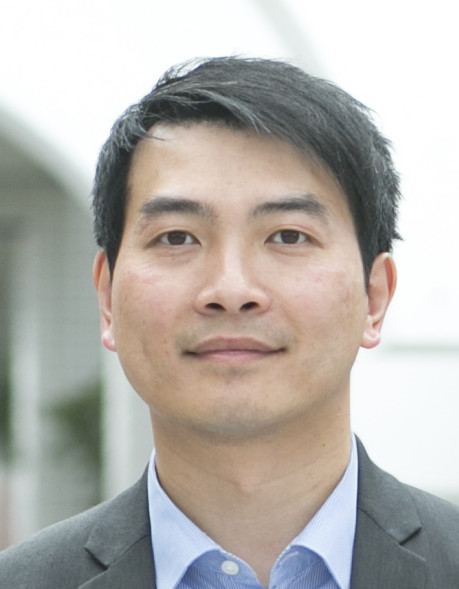
Kai-Kit Wong (M'01-SM'08-F'16) received the BEng, the MPhil, and the PhD degrees, all in Electrical and Electronic Engineering, from the Hong Kong University of Science and Technology, Hong Kong, in 1996, 1998, and 2001, respectively. He is Chair in Wireless Communications at the Department of Electronic and Electrical Engineering, University College London, UK. His current research centers around 6G mobile communications. He is Fellow of IEEE and IET. He is the Editor-in-Chief for IEEE Wireless Communications Letters since 2020.

GUO Feng (Mr.), professorate senior researcher from China Academy of Information and Communications Technology (CAICT), who had participated in many Internet organizations and meetings on behalf of China, such as CSTD of UNDESA,WSIS follow-up, IGF(including MAG),ICANN, ITU, IETF, APNIC, APEC TEL. His research areas involve Internet Governance, cybersecurity strategy, Internet services and innovations, domain names and numbers, etc. As the consultant to the High Level representative of Chinese government, he has been joining in ATRT1 and ATRT2 of ICANN. He is now the representative of Chinese Government in Governmental Advisory Committee in ICANN as well as co-Chair of the GAC GOPE WG which makes him closely follow ICANN processes especially on Internet public policy issues.

Dr. Randika Jayasinghe is a practitioner, researcher, and academic who works in waste management and circular economy in Sri Lanka. Her work focuses on waste upcycling - exploring creative and innovative ways to use discarded materials, particularly non - degradable materials not generally recycled through conventional methods. From 2014 to 2017, Randika managed the Australian Government-funded Australian-Sri Lankan University partnership to develop community - based upcycling businesses'projects in Sri Lanka . She organized the first '" Waste to Art " exhibition in Sri Lanka, an exhibition showcasing around 100 creative works made of discarded materials. Randika received the Green Talents Award for High Potentials in Sustainable Development in 2018.

Dr.Yan LI, Executive Director of the Institute of Sci-Tech and Cyber Security of the China Institute of Contemporary International Relations(CICIR), Special Advisor to the Secretary-General of the High Advisory Committee of the China World Internet Conference. She has long been engaged in research on cybersecurity strategy and policy and international governance. She has been invited to the United States, Britain, Europe, Russia, Japan, India and other countries to participate in cyber security and international Internet governance expert conferences and deliver keynote speeches; participate in the organization of Cybersecurity Track 2 Dialogue of China-U.S., China-UK, China-Europe. In 2019, as the Chinese coordinator, She Co-initiated and organized the first “China-EU International Law Expert Group Working Conference”.

Charlene Liu was born in Malaysia and has lived in the US, Singapore, and now Shanghai, China. She graduated from The University of Texas at Austin with a BSc in Electrical Engineering and has 20 years of working experience in different areas of the Semiconductor & Electronics industry, ranging from design, engineering, manufacturing, project management to sales and marketing. She also has experience with events, corporate innovation, and management consulting at PwC.
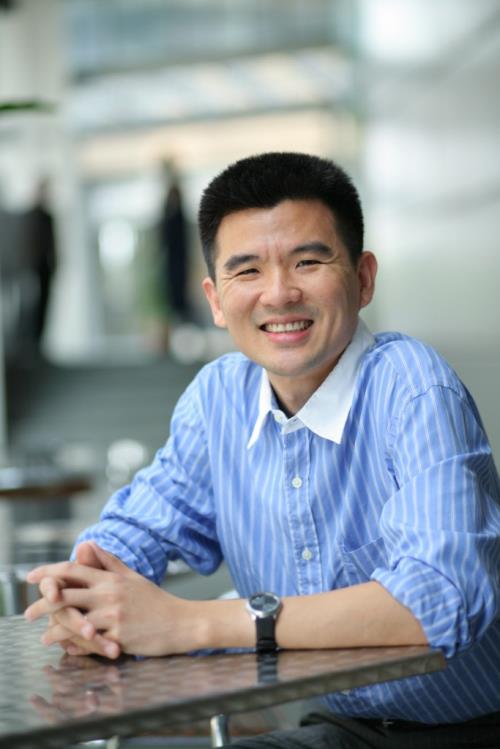
Tony Q.S. Quek is the Cheng Tsang Man Chair Professor with the Singapore University of Technology and Design (SUTD), leading the Wireless Networks and Decision Systems (WNDS) Group. He is also the Director of Future Communications R&D Programme, ISTD Pillar Head, Sector Lead of SUTD AI Program, and Deputy Director of the SUTD-ZJU IDEA. He received the B.E. and M.E. degrees in Electrical and Electronics Engineering from Tokyo Institute of Technology, respectively. At MIT, he earned the Ph.D. in Electrical Engineering and Computer Science. He is a Fellow of IEEE.His current research interests include wireless communications and networks, network intelligence, 6G, URLLC, Security, and IoT.
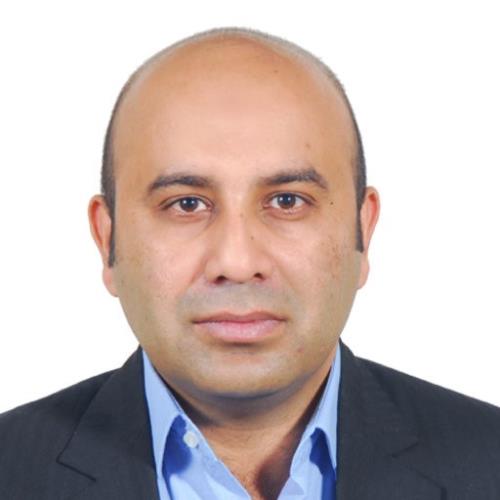
Dr. Waheed Ur Rehman received the MS degree from the University of Westminster, London, UK, in 2007, and the PhD degree from the Beijing University of Posts and Telecommunications, China, in 2015. He is currently working as an Assistant Professor with the Department of Computer Science, University of Peshawar. He also serves as a reviewer for many reputed international journals and conferences.His current researches focus on challenges concerning machine-type communication networks, mm-wave communication, the IoT, and B5G networks.
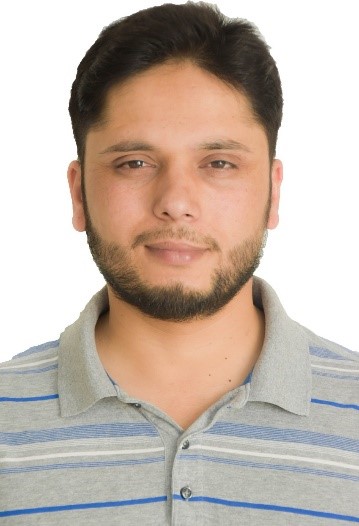
Dr. Razaullah Khan has received MS in Computer Science degree from COMSATS University Islamabad in 2011, and Ph.D. degree from Beijing University of Posts and Telecommunication, Beijing China in 2021. He is currently working as a Lecturer in Computer Science at the Institute of Computer Science / Information Technology, Faculty of Management and Computer Science, The University of Agriculture, Peshawar, Khyber Pakhtunkhwa, Pakistan. He has ten years of teaching and research experience, since 2010. His research interest includes data privacy, information security, data anonymization in Big Data analysis.

Xie Yongjiang, associate professor, is associate dean of School of Humanities at Beijing University of Posts and Telecommunications (BUPT). He is the executive director of Institute of Internet Governance and Law at BUPT, distinguished fellow of China Academy of Cyberspace. He is also a council member of CyberSecurity Association of China(CSAC), Secretary General of CSAC Internet Governance & International Cooperation Work Committee, standing director of China Law Association on Science and Technology. His principal area of expertise is cyberlaw, Internet governance and economical law. He graduated from China University of Political Science and Law and received his Ph.D. in 2004. He was a Fulbright visiting scholar at University of California at Berkley during 2010-11.
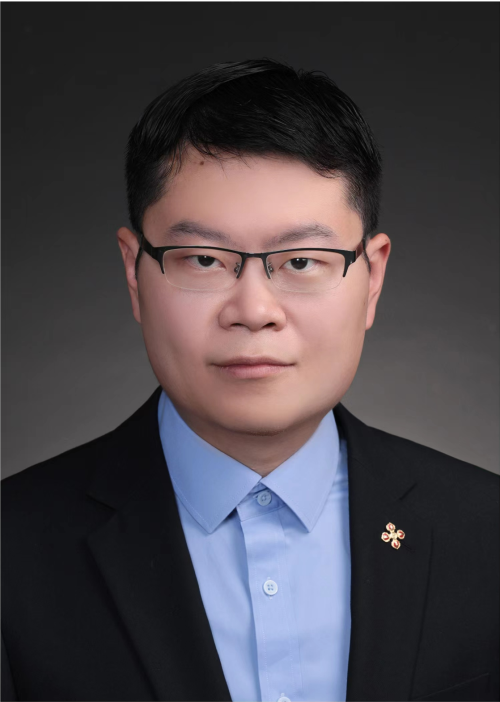
Di XIE, Lecturer at Beijing University of Posts and Telecommunications (BUPT). His Principal Areas of Expertise are Intellectual Property Law and Cyber Law.He received a LLB-Economic Law and a LLM-Civil Procedure Law from East China University of Political Science and Law, a LLM-Legal Institution from University of Wisconsin-Madison Law School, a SJD-Civil and Commercial Law from Beihang University Law School.
-
 C2. Information and communication infrastructure
C2. Information and communication infrastructure
-
 C3. Access to information and knowledge
C3. Access to information and knowledge
-
 C5. Building confidence and security in use of ICTs
C5. Building confidence and security in use of ICTs
-
 C7. ICT applications: benefits in all aspects of life — E-business
C7. ICT applications: benefits in all aspects of life — E-business
-
 C7. ICT applications: benefits in all aspects of life — E-learning
C7. ICT applications: benefits in all aspects of life — E-learning
-
 C7. ICT applications: benefits in all aspects of life — E-health
C7. ICT applications: benefits in all aspects of life — E-health
-
 C7. ICT applications: benefits in all aspects of life — E-agriculture
C7. ICT applications: benefits in all aspects of life — E-agriculture
-
 C7. ICT applications: benefits in all aspects of life — E-science
C7. ICT applications: benefits in all aspects of life — E-science
-
 Goal 1: End poverty in all its forms everywhere
Goal 1: End poverty in all its forms everywhere
-
 Goal 2: End hunger, achieve food security and improved nutrition and promote sustainable agriculture
Goal 2: End hunger, achieve food security and improved nutrition and promote sustainable agriculture
-
 Goal 3: Ensure healthy lives and promote well-being for all
Goal 3: Ensure healthy lives and promote well-being for all
-
 Goal 4: Ensure inclusive and equitable quality education and promote lifelong learning opportunities for all
Goal 4: Ensure inclusive and equitable quality education and promote lifelong learning opportunities for all
-
 Goal 12: Ensure sustainable consumption and production patterns
Goal 12: Ensure sustainable consumption and production patterns
